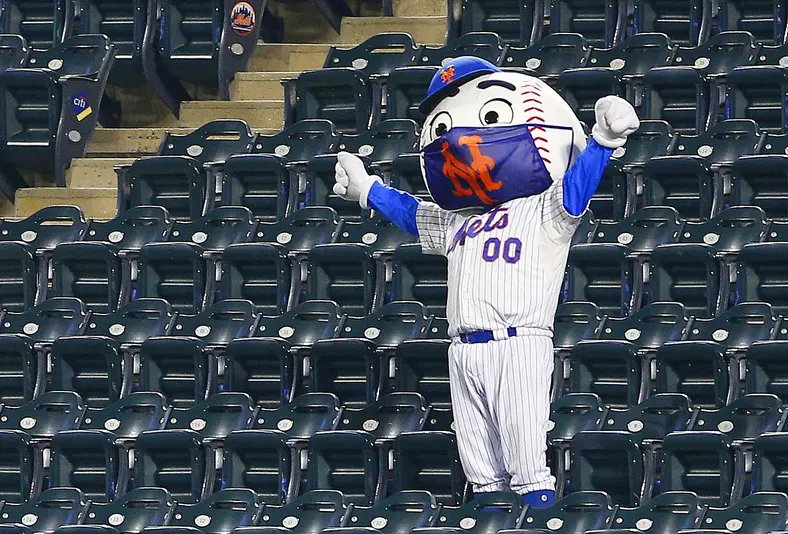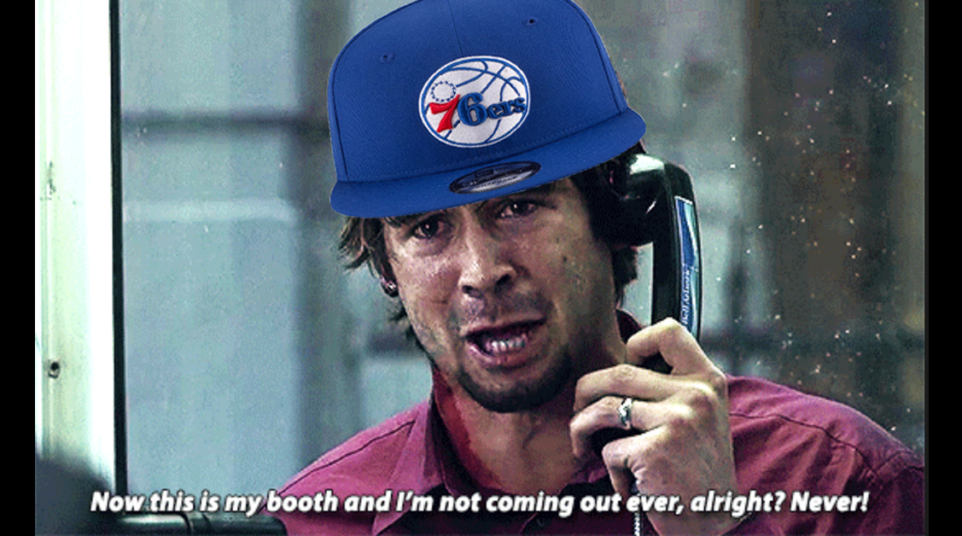
Mets Owner Steve Cohen Can't Hide from GameStop Fiasco
The new owner of the New York Mets, Steve Cohen, went from white knight to black hat in, well, a New York minute.
Cohen was, until very recently, hailed as the savior of one of the most cursed baseball franchises in the history of the major leagues. His Mets purchase relieved the club of its reliance on the financial wherewithal of Saul Katz and Fred Wilpon, who were both among Bernie Madoff’s highest-profile victims.
TOP OF THE YEAR: Steve Cohen buys the New York Mets, valued at $2.35 Billion, and gets to work. By our @soshnick https://t.co/7lsqswZlc8 pic.twitter.com/6vHcBGmZ9l
— Sportico (@Sportico) December 31, 2020
The good feelings carried over into earlier this month, when the Mets acquired four-time All-Star shortstop Francisco Lindor from the Cleveland Indians. Cohen’s ability and willingness to potentially extend Lindor’s contract, which is set to expire after 2021, was a significant factor in Lindor’s stated willingness to play in Queens.
Extremely Excited ! 😀 https://t.co/p9EGJV4ks1
— Francisco Lindor (@Lindor12BC) January 14, 2021
The Mets are also reportedly still considering signing free agent starting pitcher Trevor Bauer and/or trading for Chicago Cubs third baseman Kris Bryant. They haven’t generated this much excitement since that time a while back where the starting rotation of Matt Harvey, Noah Syndergaard, Jacob deGrom and Steven Matz was considered to be the next Glavine/Smoltz/Maddux/Avery. Only deGrom has fully lived up to that hype.
So it was all going great for Cohen and the Mets until late this week, when the attention previously paid to Cohen’s entertainment business was abruptly transferred to Cohen’s actual business, i.e., the business of making money in the stock market:
Steve Cohen, the owner of the New York Mets, deleted his Twitter account on Friday night after he said he and his family had received threats. The move comes after he was pulled into the tug of war over GameStop stock.https://t.co/T6YDYdqaNK
— The New York Times (@nytimes) January 30, 2021
Unless you have been living under a rock for the past week, you are already very familiar with the short squeeze that a tsunami of small, previously uninvolved investors put on an ultimately calamitous position taken by Melvin Capital Management in GameStop. As the GameStop share price kept climbing and Melvin was pushed to the brink of bankruptcy, the schadenfreude from Twitter and elsewhere was palpable and real.
And while GameStop stock closed at $325/share on Friday afternoon, Melvin had already saved its skin by securing financing from other financiers, including $750 million taken from Cohen’s Point72 Asset Management.
Once word got out that Cohen, yesterday’s great New York hero, was helping to save Melvin from itself and, by extension, throwing cold water on the raging inferno that was the short squeeze, the response was swift and critical:
https://twitter.com/mmasnick/status/1354302307257569281?s=20
https://twitter.com/DavidLarter/status/1355486059497467908?s=20
Cohen has now fled Twitter, citing direct hostility from the Twittersphere: “I’ve really enjoyed the back and forth with Mets fans on Twitter which was unfortunately overtaken this week by misinformation unrelated to the Mets that led to our family getting personal threats,” Cohen’s statement read.
Disabling his Twitter account isn’t going to make Cohen’s problem go away. When he bought the Mets, Cohen was hailed as a savior, a billionaire and one of New York’s own who could bring transformative change to the team which has lived its life in the shadow of the Yankees. The common fan could get behind that story, and did.
The GameStop fiasco, however, revealed Cohen for what he really is: A certified member of the financial elite whose continued existence as such is dependent on the stability of the markets that Cohen and his like have been exploiting for many years. Mets fans, many of whom are the blue-collar types who already resented millionaires and billionaires, are poised to turn on Cohen now (if they haven’t already). Cohen hasn’t heard the last of this. Citi Field won’t be empty forever.
Life comes at you fast in New York.





